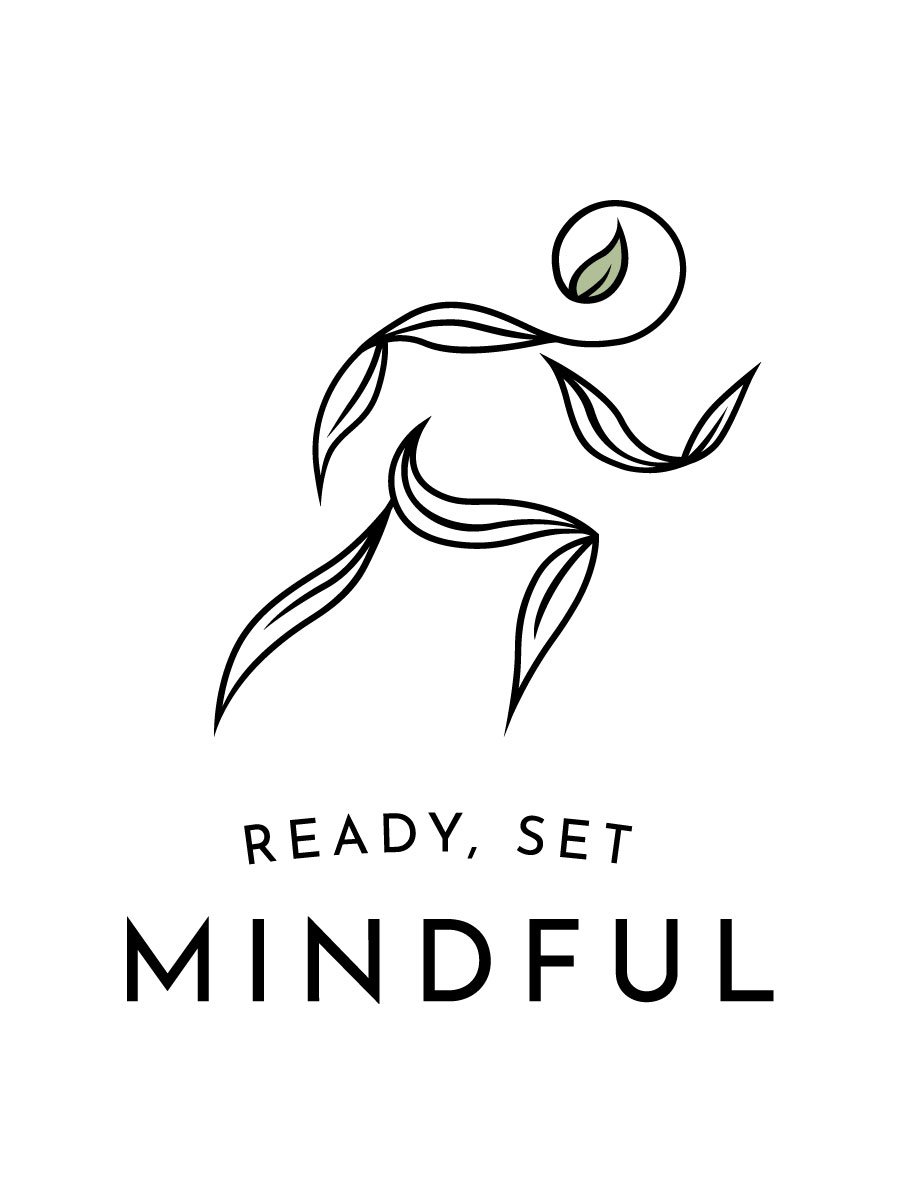Injury and Recovery: How Injuries Impact Athletes' Mental Health
Oh man, injuries can suck. Sometimes they just happen and come out of nowhere, and sometimes they are due to overuse and as a result of improper training. I have had my share of injuries throughout my Division 1 and professional career. I have gone through multiple painful and terrible ankle sprains as well as dislocated shoulders and finally 2 shoulder surgeries.
The sprained ankles were just unfortunate instances BUT the shoulder surgeries were preventable...
My first surgery was when I tore my rotator cuff my sophomore year in college. As a middle blocker who rides and dies on hitting and blocking, this was devastating news. I had started feeling pain in my shoulder months before and chose to ignore it and play through it. WELP that pain did not go away, but in fact got worse. Way worse.
You would think that would have been a lesson I learned from right? Wrong.
Sitting on the sidelines was a massive BUMMER. I felt guilty for not being capable of helping my team how I wanted to and felt disappointed in myself for getting injured. I felt isolated, sad, and just disconnected during that time. I started rehabbing right away and was convinced that I was going to be the BEST and win the imaginary MVP award with my rehab and recovery. I excelled way too quickly in my rehab (and neglected to listen to my body when it told me to CHILL). I ended up coming back from my rotator cuff tear in 4 months and tore my labrum my very next game back. Any athlete who has had back-to-back injuries that have resulted in surgeries knows this heartbreak. I was devastated AGAIN. 😞
This time, I was convinced to do my rehab and recover the RIGHT way.
I did not ever want to go through this incredibly hard time again and need yet another surgery. I am happy to report that this was my final shoulder surgery and I have the full range of motion and NO pain, which is wild for having a professional career that spanned 8 years.
Injuries can be a major setback for athletes. Whether it's a sprained ankle or a torn ligament, injuries can cause a lot of physical pain and discomfort. What many people don't realize is that injuries can also have such a massive impact on an athlete's mental health. I know that was 💯 the case with me.
The guilt, disappointment, doubt, fear, anxiety, and stress is real. All of the anxious thoughts are real..
Will I ever get back to this level of fitness again?
What do my teammates think about me now?
I just want to contribute and be productive.
I feel like I let everyone down.
I’m not really going to have a purpose now.
I don’t want to slow down.
I feel so guilty I got hurt.
Am I going to get out of shape and fat now?
As someone who has experienced these thoughts firsthand, I want to shed some light on the emotional toll that injuries can take on athletes.
🤕 Physical pain and discomfort are obvious consequences of injuries, but they can also lead to emotional distress. When we're in pain, it can be difficult to focus on anything else. It's hard to maintain a positive attitude when we're constantly hurting. This can make it challenging to stay motivated and engaged in your recovery process. Not to mention supportive if you’re a part of a team.
😔 In addition to physical pain, injuries can cause emotional pain as well. For athletes, our sport is often a huge part of our identity. When we're unable to play, it can feel like we've lost a part of ourselves. This loss of identity can be incredibly difficult to deal with and can make us feel sad, frustrated, hopeless, lost, disconnected, and depressed.
📆 Routine is also a crucial part of an athlete's life. When we're injured, our routine is disrupted. We can no longer train and compete like we used to, which can be incredibly disorienting. This can lead to feelings of uncertainty, anxiety and fear. Having thoughts of self-doubt in our ability to get back in shape and return to our level of performance is also a common theme when we struggle with injuries.
💪 Physical changes to the body can also be a source of stress for injured athletes. For example, surgery scars and losing muscle can be difficult to deal with. Female athletes especially struggle with negative body image when dealing with injuries. We may feel like our bodies are no longer capable of doing what they used to, which can be a blow to our self-esteem and increase anxiety.
As an athlete who has had multiple surgeries and injuries, I know firsthand how challenging it can be to deal with injuries. It can be a dark time, full of negative self-talk and doubt. You may feel like you're letting people down - your team, your coaches, your fans, and even yourself. It's easy to wonder if someone else will take your spot, leaving you feeling not good enough.
Remember that you are NOT alone. Many athletes go through this experience, and there is help available. One of the best things you can do is talk to someone about what you're going through. Whether it's a therapist, a coach, or a trusted friend or family member, having someone to talk to can be incredibly helpful.
In addition, it's important to stay engaged in your recovery process. This can help you maintain a sense of purpose and control, even when everything else feels uncertain. Physical therapy can be challenging, but it's crucial for getting back to full strength. Try to focus on the progress you're making, rather than the setbacks. 🤜🏽
Finally, try to be kind to yourself. Injuries are a natural part of sports, and they don't define you as a person or an athlete. It's okay to take some time to heal, both physically and emotionally. Remember that you're not alone and that with time and patience, you can come out the other side stronger than ever before. 💪🏼
If you are an athlete struggling with your mental health due to your injury please reach out to schedule.
→Schedule your Free 15 min consult HERE ←
Until next time! Be well & Stay Mindful 🌿
Kerri, Athlete+Therapist+Mindset Coach


